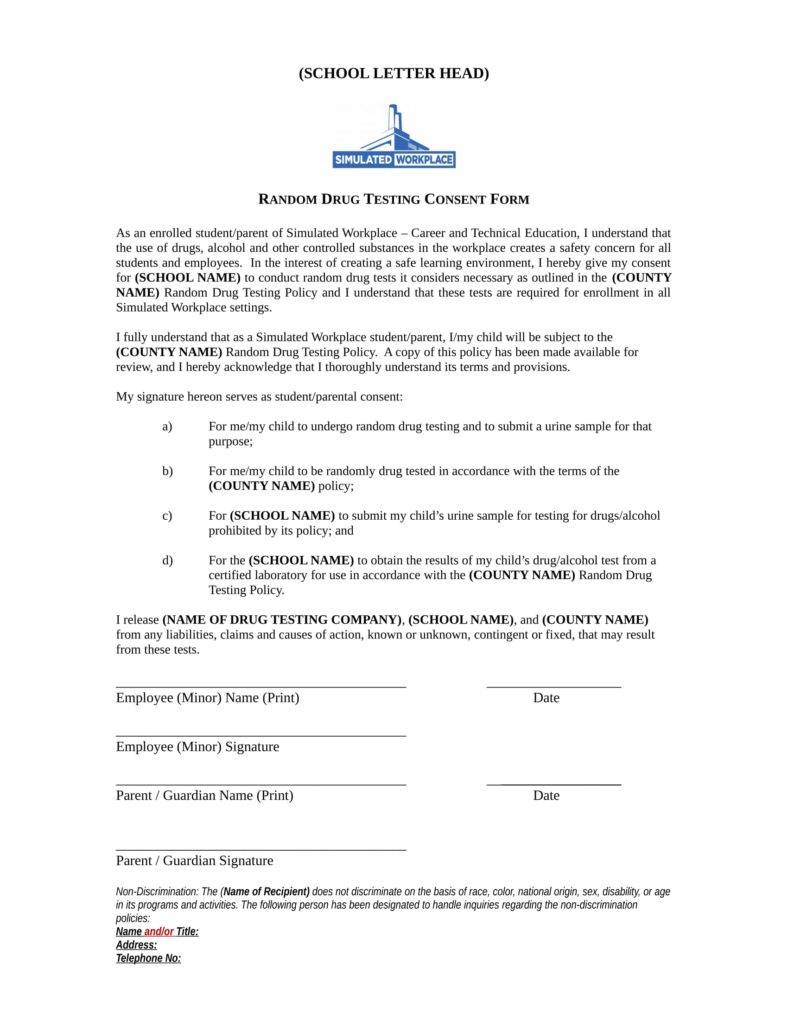Achieving The Good Life: Steps To Happiness And Fulfillment

Table of Contents
Defining Your Values and Goals
Before embarking on the journey of achieving the good life, it's essential to understand what truly matters to you. This involves identifying your core values and translating them into actionable goals.
Identifying Your Core Values
What truly matters to you? Your core values are the fundamental beliefs and principles that guide your decisions and actions. These might include family, creativity, contribution, learning, health, freedom, or spirituality. Identifying these values is crucial for aligning your life with your deepest aspirations.
- Methods for Identifying Values:
- Self-reflection exercises: Spend quiet time reflecting on moments of joy, pride, and fulfillment. What were you doing? What values were reflected in those experiences?
- Journaling: Regularly write about your thoughts and feelings, paying attention to recurring themes and priorities.
- Value clarification questionnaires: Utilize online questionnaires designed to help you identify your core values.
Aligning your actions with your values is paramount. If you value family, prioritize spending quality time with loved ones. If you value learning, dedicate time to personal growth and development. Inconsistency between values and actions can lead to dissatisfaction and a sense of living an unfulfilling life.
- Examples of Values and Goals:
- Value: Family; Goal: Have a family dinner once a week.
- Value: Creativity; Goal: Dedicate 30 minutes each day to a creative pursuit.
- Value: Contribution; Goal: Volunteer at a local charity for two hours a month.
Setting Meaningful Goals
Once you've identified your core values, translate them into specific, measurable, achievable, relevant, and time-bound (SMART) goals. These goals should be aligned with your values and provide a roadmap for achieving the good life.
- Examples of SMART Goals:
- Career: "Get promoted to Senior Manager within the next 18 months by completing project X and exceeding performance targets."
- Relationships: "Spend quality time with my partner every Tuesday evening."
- Health: "Exercise for 30 minutes, three times a week for the next three months."
- Personal Growth: "Read one self-improvement book per month for the next year."
Remember to break down large goals into smaller, manageable steps. This prevents feeling overwhelmed and fosters a sense of accomplishment as you progress towards your ultimate objectives. Setting both short-term and long-term goals creates a balance, providing immediate rewards and a long-term vision for achieving the good life.
Cultivating Meaningful Relationships
Strong, supportive relationships are essential for happiness and fulfillment. Investing in your relationships enhances your overall well-being and contributes significantly to achieving the good life.
Nurturing Existing Relationships
Existing relationships with family and friends are invaluable assets. Prioritize these connections by investing time and effort into nurturing them.
- Practical Tips for Strengthening Relationships:
- Quality time: Schedule regular time to spend with loved ones, engaging in activities you enjoy together.
- Active listening: Pay attention when others are speaking, showing genuine interest and empathy.
- Expressing appreciation: Regularly communicate your gratitude for the people in your life.
Strong social connections positively impact both mental and physical health, reducing stress, boosting immunity, and increasing longevity. Nurturing your relationships is an investment in your overall well-being and a crucial step towards achieving the good life.
Building New Connections
While nurturing existing relationships is important, expanding your social circle can also enrich your life. Engage in activities you enjoy, meeting new people with shared interests.
- Strategies for Meeting New People:
- Join clubs or groups aligned with your interests (book clubs, hiking groups, volunteer organizations).
- Volunteer your time to a cause you care about.
- Attend social events and workshops.
Remember to focus on building authentic connections based on shared interests and values. These genuine relationships will provide lasting support and companionship on your journey towards achieving the good life.
Practicing Self-Care for a Fulfilling Life
Self-care is not selfish; it's essential for maintaining physical, mental, and emotional well-being. Prioritizing self-care significantly impacts your ability to achieve the good life.
Physical Self-Care
Physical self-care involves taking care of your body through exercise, healthy eating, and sufficient sleep.
- Practical Tips for Physical Self-Care:
- Incorporate regular exercise into your routine (walking, swimming, yoga).
- Eat a balanced diet rich in fruits, vegetables, and whole grains.
- Aim for 7-9 hours of quality sleep each night.
Physical health directly influences mental well-being. By prioritizing your physical health, you are setting the foundation for a fulfilling and balanced life.
Mental and Emotional Self-Care
Mental and emotional self-care involves managing stress, anxiety, and negative emotions.
-
Techniques for Managing Stress and Negative Emotions:
- Meditation and mindfulness practices.
- Journaling to process emotions.
- Seeking professional help from a therapist or counselor.
-
Resources for Mental Health Support:
- Therapists and counselors.
- Support groups.
- Online resources and apps.
Self-compassion and acceptance are crucial components of mental and emotional self-care. Treat yourself with the same kindness and understanding you would offer a friend.
Spiritual Self-Care
Spiritual self-care involves connecting with something larger than yourself, whether it's nature, your community, or a higher power.
- Activities that Promote Spiritual Well-being:
- Spending time in nature.
- Prayer or meditation.
- Engaging in acts of service.
Finding meaning and purpose in life enhances overall well-being and contributes to a sense of fulfillment.
Conclusion
Achieving the good life is a journey, not a destination. By consistently prioritizing your values, nurturing relationships, and practicing self-care, you pave the way for a more joyful, meaningful existence. Remember the interconnectedness of these elements: strong values guide your goals, fulfilling relationships provide support, and self-care fuels your energy and resilience. Start your journey towards achieving the good life by identifying your core values and setting meaningful goals today. Download our free worksheet to guide you: [Link to Worksheet/Resource]. Take the first step towards a more fulfilling life by focusing on your well-being and building a life aligned with your truest self.

Featured Posts
-
 Fda Erteilt Orphan Drug Status Fuer Rilzabrutinib Positive Aussichten Fuer Sanofi
May 31, 2025
Fda Erteilt Orphan Drug Status Fuer Rilzabrutinib Positive Aussichten Fuer Sanofi
May 31, 2025 -
 Are Veterinary Watchdog Complaints More Harmful Than Helpful
May 31, 2025
Are Veterinary Watchdog Complaints More Harmful Than Helpful
May 31, 2025 -
 Munguia Addresses Failed Drug Test Full Statement
May 31, 2025
Munguia Addresses Failed Drug Test Full Statement
May 31, 2025 -
 Zverevs Comeback Victory Sends Him To Munich Semifinals
May 31, 2025
Zverevs Comeback Victory Sends Him To Munich Semifinals
May 31, 2025 -
 Global Covid 19 Case Increase Is A New Variant To Blame Who
May 31, 2025
Global Covid 19 Case Increase Is A New Variant To Blame Who
May 31, 2025
